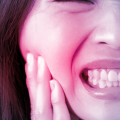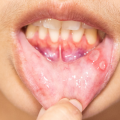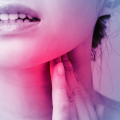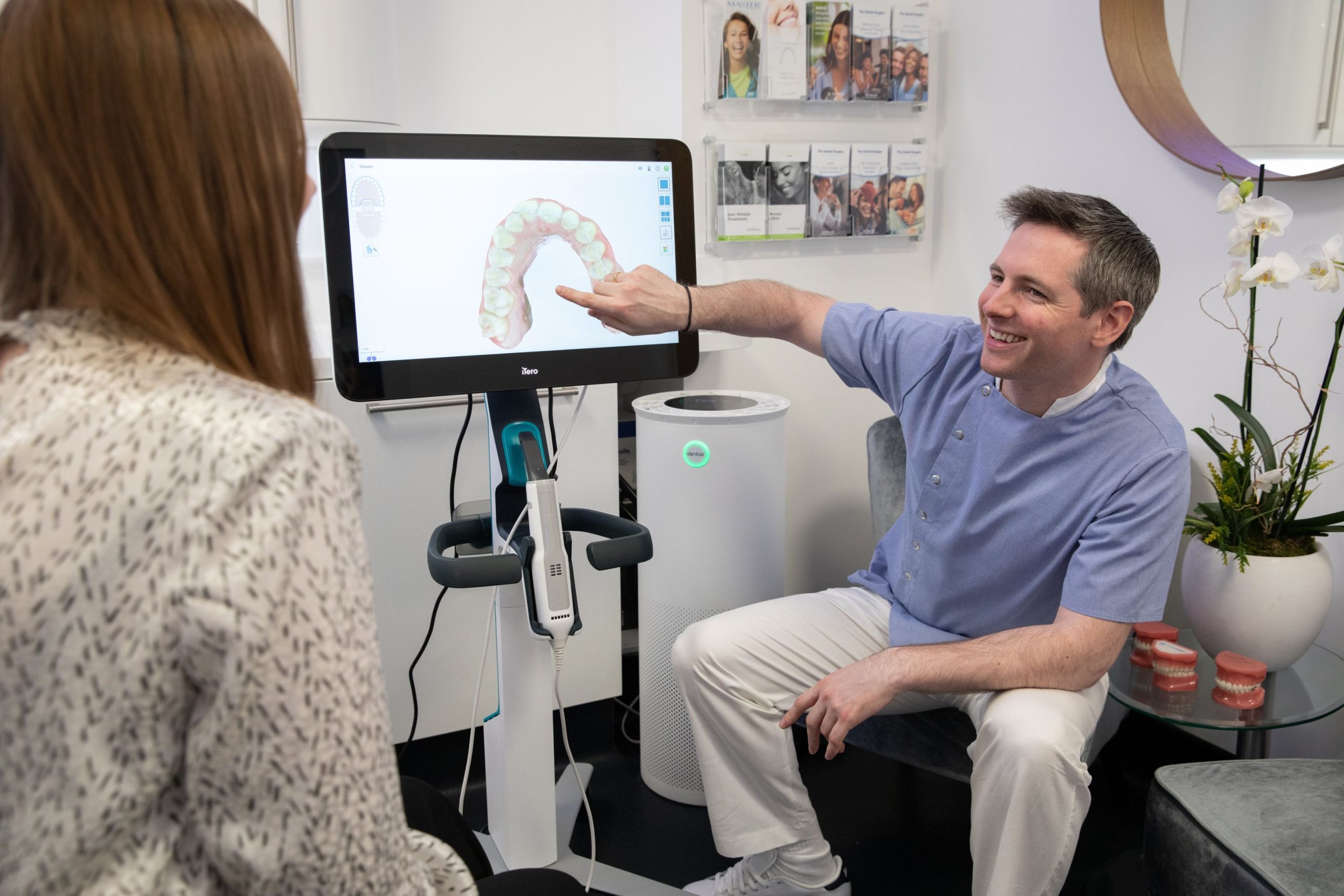- Categorised as:
- General Dentistry
Mouth Cancer
Mouth cancer, also known as oral cancer, is the term to describe tumours found in the mouth, on the tongue, lips and even on the gums. These tumours can also be found further down into the throat and are then properly known as pharyngeal cancers.
According to the Mouth Cancer Foundation and Oral Health Foundation, there are over 8864 new cases every year, with over 3000 lives lost. (Link)
Whilst there are a number of factors which can increase the risks of getting mouth cancer, including tobacco, alcohol consumption, poor diet and HPV, that lifetime risk is greater in men (1 in 75) than in women (1 in 150). In all cases more than 70% of those affected, are over the age of 55.
Yet, despite these worrying figures and the awareness of mouth cancer, awareness of how to spot the signs and symptoms continue to remain low.
Risk factors, diet and lifestyle
Age and gender can affect the risk of mouth cancer, but so too do factors you can control. The best advice is to adopt a healthy lifestyle and greatly reduce that risk.
Smoking and drinking alcohol regularly can have a huge impact. Someone who smokes heavily and regularly consumes more than 10 units of alcohol per week, is three times more likely to develop mouth cancer, than a non-smoker who drinks only in moderation.
Anything that leads to poor oral hygiene, eating too much sugar and poor diet, would increase the risk of cavities and the associated risk of mouth cancer developing.
Not attending regular dental check-ups and hygiene appointments can further increase the risk of complications, through the lack of screening and monitoring of your oral health.
Early diagnosis is key
As with most cancers, if left undetected or diagnosed too late, mouth cancer can develop into a serious condition and can even be fatal.
With early diagnosis, the long-term survival rate increases to 90%. This significantly decreases to 50% if detection and diagnosis is left too late.
At The Dental Surgery, we use the VELScope system with all our dental check-ups. A wireless handheld scope that uses the natural tissue fluorescence to help detect oral mucosal abnormalities. It’s quick, non-invasive and only takes a few minutes during your dental check-up.
Signs and symptoms of mouth cancer
Here are four signs and symptoms to look out for with mouth cancer
-
Prolonged oral pain

-
Mouth ulcers that do not subside

-
Lumps or swelling in the mouth or neck

-
Red or white patches in the mouth

Self-checking
Self-checking is a great way to keep on-top of your oral cancer health and the Mouth Cancer Foundation have great guides on how to properly check yourself, every month, and takes only 2mins:
Download the Mouth Cancer Foundation Self-check guide or visit their website for video tutorials.
Sources:
Book your next dental appointment
If you haven’t been to see your dentist in a while, we advise you to book an appointment.
All our dentists and Hygienists will check for the signs and symptoms of mouth cancer and will also detect any other abnormalities which self-checking may miss.
Call: 020 3909 1690 or book your appointment online







